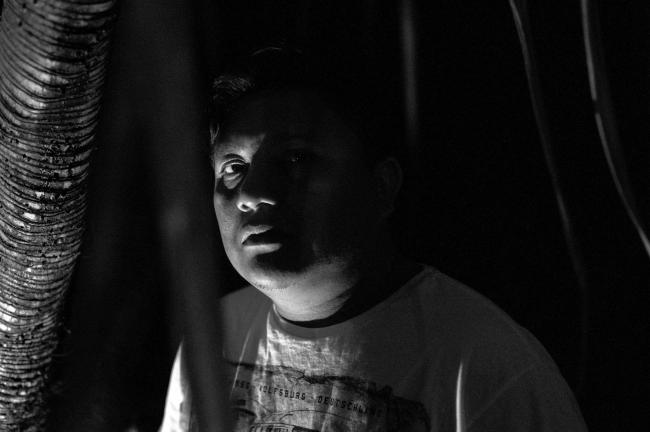(Bloomberg) -- Brazil’s Jair Bolsonaro is doubling-down on his attack on indigenous territories, proposing a review of the reserves he says were created fraudulently.
“There’s a lot of land for few indians,” Bolsonaro told reporters Friday, using a word common in Brazil to refer to indigenous people. “My decision is to stop demarcating land for indians,” he said, adding that he suspected wrongdoing in the allocation of territories and that he believed the indigenous had sold land to foreigners. He offered no evidence for his claims.
Brazil’s president has repeatedly criticized the size of territories occupied by 305 different tribes who he says should integrate into modern society. The former army captain has repeatedly argued that developing the Amazon’s natural resources could ramp-up economic growth. Earlier this week, he said indigenous people have been exploited as a means to halt the Amazon (NASDAQ:AMZN) region’s progress.
To read more: Amazon (NASDAQ:AMZN) Gold and Army Suspicion Fuel Bolsonaro’s Rainforest Rage
Nearly 14% of Brazil’s territory comprises reserves that are home to 800,000 indigenous people, according to data from environmental regulator Ibama. The constitution establishes that, while the lands belong to the nation, they can be neither sold nor exploited in any scale beyond subsistence farming. Still, illegal miners, loggers and land speculators have exerted increasing pressure on the protected areas.
To read more: As Gold Surges, So Does Illegal Mining Tied to Crime and Illness
In the Amazon (NASDAQ:AMZN) state of Rondonia, federal prosecutors from the Amazon task force recently filed charges against a group of land grabbers that allegedly deforested some 4,200 hectares in the Karipuna reserve. The 150,000 hectare territory is home to 29 tribesmen, according to Adriano Karipuna, a member and spokesman for the tribe.
“That idea that it’s few indians for a lot of a territory is fallacious, because we’re protecting a forest that serves everyone,” Karipuna said in an interview in Rondonia’s capital, Porto Velho. “We’re protecting it for the Karipuna, for the people from Rio de Janeiro, Sao Paulo, Porto Velho itself. Standing forest gives pure air.”
Congress is analyzing bills that would allow mining and farming within indigenous lands. The proposals made little headway in recent years, but have gained renewed momentum from Bolsonaro’s administration and a business-friendly legislature. The opposition argues that land allocated to the indigenous isn’t intended only for human settlement, but also for the preservation of the environment, according to Joenia Wapichana, an indigenous lawmaker.
“It should be more territory than the current 14%,” Wapichana, from the eponymous tribe, said in an interview. “Establishing indigenous territory isn’t a question of which president is in office. It’s a constitutional duty.”

